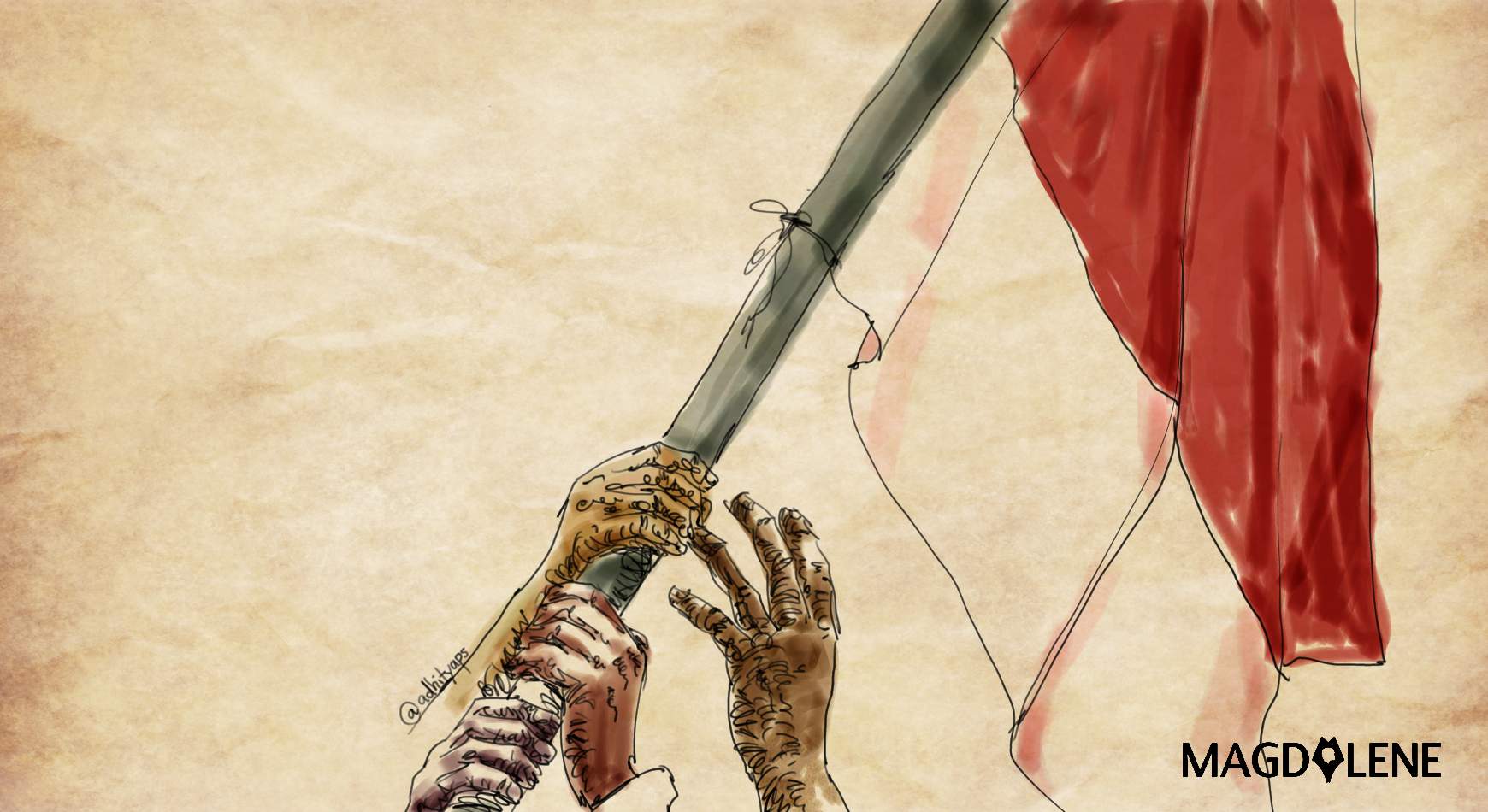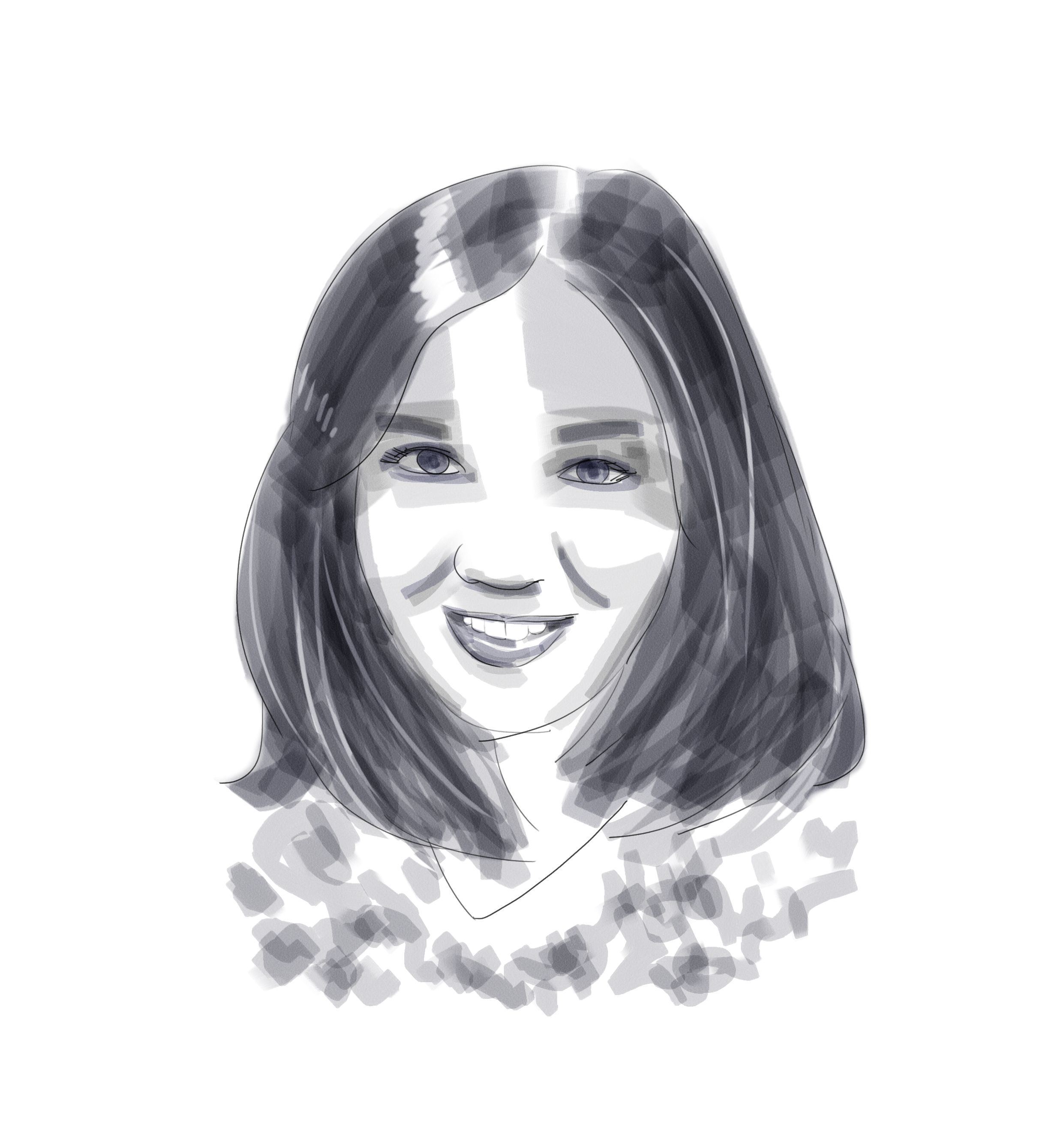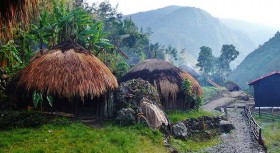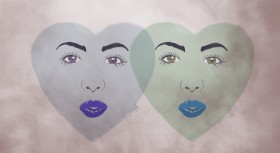No one can deny that Indonesia is a complex country, and when it comes to recognizing the rights of all its citizens, politics, religious bias and social norms can make things even murkier. This was the context behind an event held on Dec. 10-17 last year by Pamflet, an organization that focuses on human rights advocacy among the youth, in collaboration with TIFA Foundation, a non-profit organization that promotes open society.
Held in Taman Ismail Marzuki in Jakarta, “MemaHAMi Indonesia” (understanding human rights in Indonesia) was opened to coincide with Human Rights Day on Dec. 10. The event capped a year of the program “Memahami Indonesia,” which was conducted by Pamflet in cooperation with five high schools in Jakarta, Bogor, Depok and Bekasi. Throughout 2016, the organization worked with teachers of Civics, Sociology and History in those schools to develop creative learning tools for students on human rights.
The learning tools were designed to stimulate critical in-class discussion and enlighten students on human rights issues, particularly those related to the violence in Indonesian history. The aim is to encourage students to become more tolerant and to respect diversity.
The results of this program were exhibited during the December event. They include paintings, drawings, short documentaries and comic books, all of which were the works of the students and teachers involved. Different workshops were offered for public during the event as well. The first of them was a workshop on doodling and painting to encourage critical thinking on human rights issues, facilitated by illustrator Reza Mustar and activist Efi Sri Handayani.
Human rights activist Rafendi Djamin led a discussion in which he introduced the case of Johan Teterissa, who was tortured, battered, and has to serve a 15-year jail sentence for raising “rainbow” flag, a historical symbol of independence for people in Maluku. A petition to free Teterissa was circulated during the workshop. In another workshop, “Write for Rights,” participants were asked to write a letter directly to Teterissa to express their support for him.
“Johan Teterissa is a prisoner of conscience,” said Rafendi. “I, myself, used to be a prisoner of conscience back when I was young. The term basically refers to imprisonment as a result of expressing an opinion peacefully.”

Acehnese storyteller Agus Nur Amal a.k.a PM Toh taught a story telling technique workshop on Dec 11. Later there were screenings of two documentary films produced by high school students, “Jejak Berdarah Kaum Penjajah” (the bloody footprints of colonizer and “Jejak Panjang Budak Belanda Depok” (the long footprints of the Dutch Depok slaves), followed by a discussion with WatchdoC, an audiovisual home production, and writer and historian JJ Rizal.
On the last day of the event, a collage workshop with the theme “Words for Violence” was facilitated by artist and activist Ika Vantiani. During the workshop, participants were encouraged to assemble a personal understanding on violence by creating a collage work.
It was followed by a writing workshop on writing about women in collaboration with Magdalene, Provoke and Kawanku. Magdalene’s Editor-in-Chief Devi Asmarani began by introducing some of the issues surrounding media’s representation of women and some of key points on gender-sensitive writing.
“Gender-sensitive writing is writing with the awareness of gender equality and with the intention to highlight issues of gender-based inequality and injustice,” Devi said during the workshop.
During the writing exercise, the participants had to choose from among the three topics to write on. The event was closed with the announcement of six best stories written during the workshop.










Comments